When it comes world music there are few countries bigger than Mali in terms of impact and popularity. (Cuba probably ranks a close second.) It’s from Mali that Songhoy Blues hail, one of the few major new successes in world music to emerge in the past few years. In many ways, it is a dwindling genre, where the chances of “discovering” a little-known great like Ali Farka Touré or Cesaria Evora are getting close to zero – most people, like everywhere else, don’t listen to that old stuff anymore: by and large it’s hip-hop, R&B and digital beats.
The fresh and the fine-ground does still come through – the likes of Mehdi Nassouli in Morocco, or from Bamako via Gao in northern Mali, the four young men who call themselves Songhoy Blues, after one the country’s oldest and (once) most powerful ethnic groups. Oumar Touré and Aliou Touré started making music at university in Bamako, joined by fleet-fingered guitarist Garba Touré. They learnt more about the music in their own back yard from Ali Farke Touré (Garba’s dad was Ali’s percussionist), mixing their own heritage music with a passion for Hendrix, Beatles, hip-hop and other global forms.
The best passages draw from the now-familiar genre of the desert blues
After the Islamist crisis in northern Mali worsened in 2012, with the incoming violence of the charming young men of Ansar Dine, these three young internal exiles formally named themselves Songhoy Blues, recruited drummer Nathanial "Nat" Dembele, and within a year, were picked up by Amadou and Mariam’s manager, Marc-Antoine Moreau, performing as part of the acclaimed Africa Express in the UK, taking the main stage at Glastonbury, and releasing their acclaimed debut album, Music in Exile, in 2015. Most recently, Songhoy Blues: They Will Have to Kill Us First, a shocking and revealing documentary film set against the backdrop of Jihadist incursions into northern Mali, has just appeared.
That they’ve gained the size of audience to sell out KOKO in Camden is impressive – supporting Damon Albarn at the Royal Albert Hall helps - and they deliver a rock-heavy, fluid show featuring much of the album, and plenty of rock-tastic stage posing, especially from the energetic, crowd-raising lead singer, Aliou Touré. The best passages draw from the now-familiar genre of the desert blues, and Garba Touré’s fluid fretwork puts the roll into the band’s bass-and-drum-dominated rock sound.
Aliou’s great with the crowd, and the get-up-and-grab-em dynamic is reminiscent of Amadou and Mariam’s road band. Three fast-paced encores, ending with a pounding "Soubour" get the audience cheering in unison, and at Aliou's beckoning, everyone seems to have promised to work hard to get the airfare to Bamako, poste haste. Whatever the tribulations or triumphs thrown at them, these four Songhoy won’t be changing their tune any time soon.

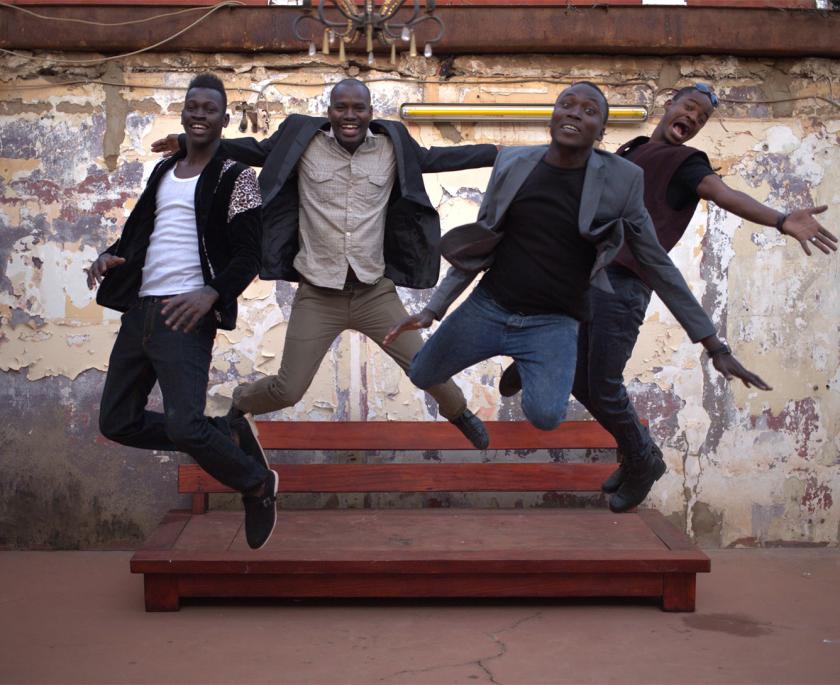

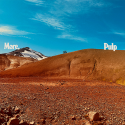

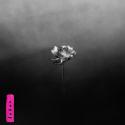


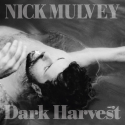

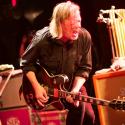

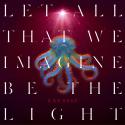
Comments
Add comment